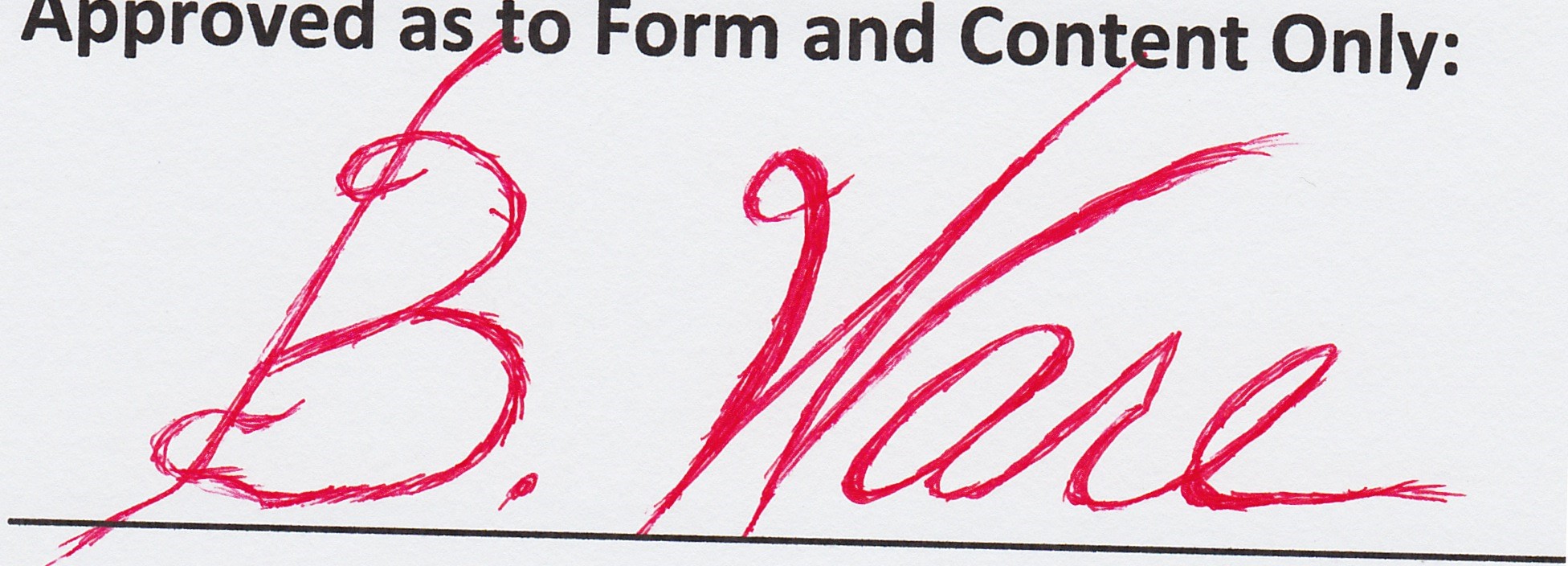July 13, 2019
The California Supreme Court ruled yesterday that an attorney may be personally liable for breaching a settlement agreement that he has signed under the designation “Approved as to form and content.”
Normally, this designation is a term of legal art, meaning only that the attorney has read the agreement, that it embodies the parties’ understanding, and that he sees no impediment to signing the agreement. However, if the settlement agreement imposes obligations on the attorney expressly, the signature might also mean that the attorney has agreed to be personally bound by those terms.
In Monster Energy Co. v. Schechter, a settlement agreement expressly obligated the parties and their attorneys to keep the terms of the settlement confidential. Sometime after settlement, plaintiff’s counsel reported the settlement to a trade publication, stating that he had reached a “substantial” settlement with Monster Energy, but that Monster Energy would not permit the disclosure of the specific amount.
Monster Energy sued the attorney, and the attorney moved to strike under the Anti-SLAPP law on the ground that he was not personally bound by the settlement agreement. The California Supreme Court denied the motion. It held that in light of (1) the express obligations imposed on the attorney and (2) the attorney’s acknowledgment that he had read and approved the agreement, a factfinder could reach the conclusion that the attorney intended to be bound by the agreement.
One factor that may have influenced the Court’s decision was the strong public policy in favor of settlements and the role that strict confidentiality has in promoting settlement.
It should also be noted that the Court’s ruling held only that “Approved as to form and content” does not, as a matter of law, mean that the attorney is NOT a party to the agreement in the procedural posture of an anti-SLAPP motion. At least one case, cite by the Court, has previously held that the same language does not, as a matter of law, mean that the attorney IS a party to the agreement in the context of a motion for summary judgment. In both cases, the Court held that the factfinder must decide the attorneys intent based on the totality of the circumstances.

